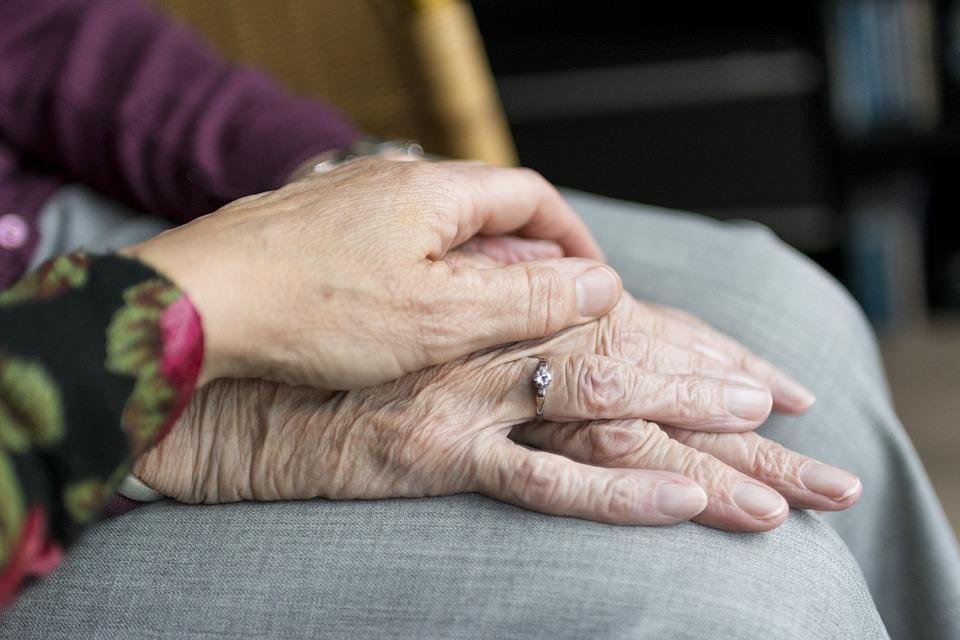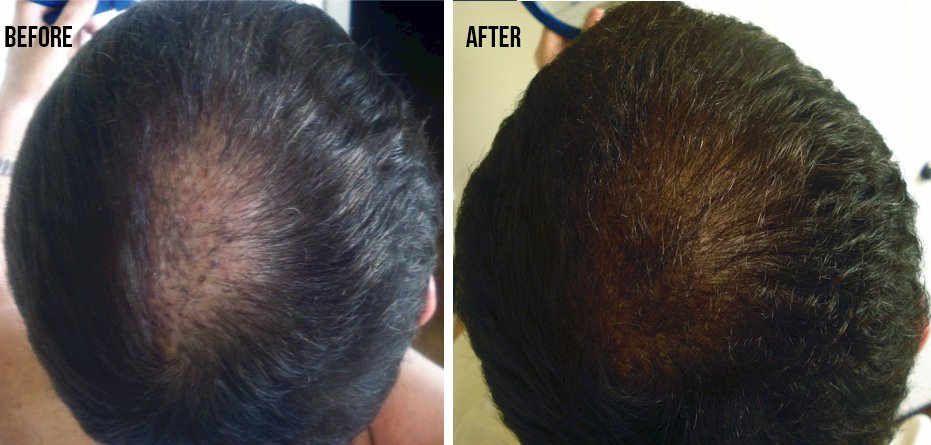There are numerous ways to help an older person with an addiction. The main thing is to ensure they are safe and comfortable and provide support and assistance as needed.
Challenges to identifying Addiction in the elderly
One of the challenges in helping an older adult with Addiction is that it can often be difficult to identify. Addiction can manifest differently in older adults, and sometimes the sign can be mistaken for other age-related issues. Additionally may, older adults are reluctant to admit they have a problem or seek help out of fear of stigma or judgment.
Symptoms of Addiction in older adults
The symptoms of Addiction in older adults can vary depending on the substance they are addicted to. However, some common signs and symptoms include:
● Tolerance: We need more and more of the substance to get the desired effect.
● Withdrawal: Experiencing unpleasant physical and psychological symptoms when not using the substance
● Craving: A strong need or desire to use the substance.
● Loss of control: Unable to stop using the substance even though it is causing negative consequences.
● Neglecting essential responsibilities: Work, family, etc.
● Continued use despite problems: Financial, legal, social, etc.
When Addiction is recognized, it is essential to search out treatment centers with direct experience working with seniors confronting dependence.
Here are a few tips on the most proficient method to assist an older person with Addiction:
Show love, compassion, and honesty
Show the older adult that you care about them and want to help. Be honest with them about their Addiction and its effects on their life and health. Discuss your concern openly and honestly. Offering compassion and understanding can go a long way in helping an older person with Addiction.
Seek professional help
Suppose you’re worried about the Addiction of your older adult. In that case, it is essential to seek professional help, Addiction is a complex disease, and senior citizens may have unique needs when it comes to treatment. Senior living communities can assess the situation and create a customized plan to help older adults recover from Addiction.
Don’t blame the person.
Addiction is a disease, and no one chooses to be addicted. It’s significant not to blame the person for their Addiction, as this will only make them feel worse and could hinder their recovery. Instead, offer support and understanding.
Group Therapy
One effective way to help an older person with Addiction is through group therapy. In group therapy, people with similar struggles meet to discuss their experiences and support one another. This can be helpful and allows you to share your feelings and experience with others who understand what they’re going through.
Research alternative pain management options
Many pain management options are available, and it cannot be easy to know which one is right for you. If you are considering rehab, comparing the short-term and long-term options is essential to make the best decision for your individual needs.
Short-term rehab typically lasts 30 days or less and focuses on helping the individual detoxify from substances and develop healthy coping mechanisms. Long-term rehab, however, can lose for several months or even years. While long-term recovery may not be suitable for everyone, it can be an effective option for those who need more time to work through their Addiction.
Recommend age-specific and supportive treatment strategies
There is no one-size-fits-all answer to finding the right treatment strategy for an older adult with an addiction. However, some general recommendations can be made based on the unique needs of this population.
Compare short-term to long-term rehab, and short-term rehab programs may be more appropriate for older adults with a lower functional impairment level. These programs typically last 30 days or less and focus on helping individuals develop skills to manage their Addiction.
In contrast, long-term rehab programs may benefit older adults with a higher functional impairment level. These programs typically last 60 days or more and provide comprehensive care that includes medical and psychological support.
Age-specific treatment programs that are designed specifically for older adults can also benefit. These programs consider this population’s unique physical and psychological needs.
Supportive treatment strategies such as family therapy or support groups can also be helpful for older adults struggling with Addiction. These strategies can provide much-needed emotional support and practical advice on how to cope with the challenges of Addiction.
Talk to your loved ones.
Talk to your loved ones about Addiction. Especially if you think an older adult may be struggling with it. Addiction is a complex topic to discuss, but it is essential to have open and honest conversations about it. Your loved ones can provide support and understanding, and they may be able to offer helpful resources. If you are worried about an older adult’s Addiction, talk to your doctor or another medical professional, they can provide guidance and help connect you with treatment options.
Consult a doctor or substance abuse counselor
If you or someone you know is struggling with Addiction, it is vital to seek professional help. A doctor or substance abuse counselor can support and guide Overcoming Addiction. They can also help connect you with resources and treatment options that can help you recover. If you are unsure where to start, talking to your primary care doctor or a mental health professional can be an excellent first step in getting the help you need.









